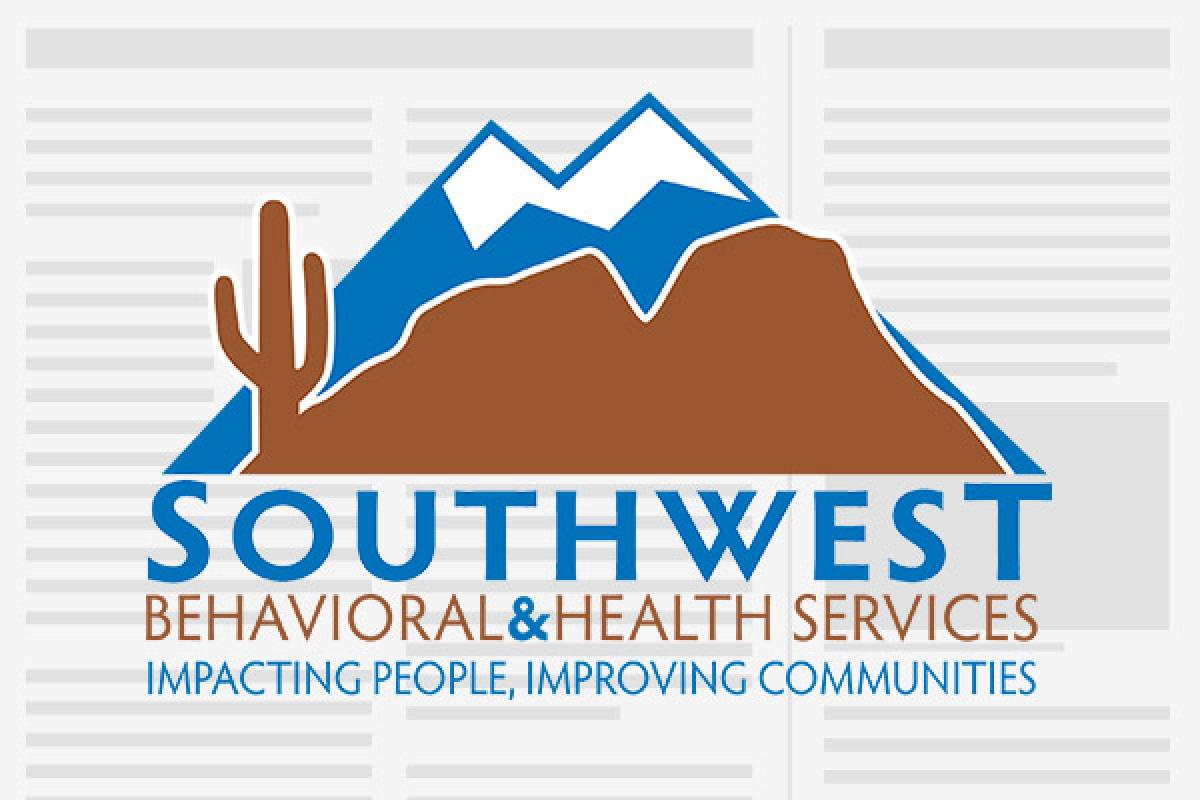
Self-validation is fundamental to the development of children and adolescents. This is foundational for the growth of a young person into someone who has internalized the belief that she knows and can act on what is right for herself (or himself). As Denise Durkin, early childhood holistic mental health consultant explains, self-validation involves valuing a child’s inner knowledge of himself and allowing him to “…[act] in accordance with his inner knowing in support of his own self and own needs.”
In the case of a toddler, stay listening is an example of a way that a parent might instill self-validation. This is an approach to handle your child’s big feelings that can overwhelm him. It involves calmly and lovingly letting your little one know that you will not allow them to hurt themselves or anyone else during a tantrum (setting the limit), and that you will remain present with him in his distress until he feels better (support and empathy).
The active communication process taught in the Active Parenting workshops offered by DrugFreeAZKids.org is a good way to encourage self-validation in school-aged kids and teens. It’s a structure for a conversation in which empathy is established before anything else. Following these steps, the parent:
· listens actively without distractions or judgment
· validates the child’s feelings (if not the child’s actions)
· assists the child in thinking of possible solutions to a problem, then evaluating them to choose the best course of action
· motivates the child by recognizing their strengths and value as a person
· follows up later to find out how well the chosen solution worked
This has much to do with preparing our children of all ages and stages to avoid the tragedy of substance abuse now and in the future. We’ll unpack those connections later in this article. But before I explore that, I want to address an idea that some adults might see as in conflict with the importance of instilling self-esteem that follows self-validation. I’m referring to the belief that kids need to know that the world doesn’t revolve around them, and that they can’t always get their way.
That is a truth that well-adjusted individuals understand; however, validating your child by truly listening to and intuiting her needs is not the same as spoiling her. It’s all about showing her respect by recognizing her basic human dignity, and avoiding a dictatorial approach that few adults would use with any other adult. As Dr. Michael Popkin, author of the Active Parenting workshops explains, we can offer our kids choice within the limits we set. The limits we put in place are due to what the situation calls for, not because “I’m the parent and I say so.” Kids get their say, not necessarily their way. Self-validation will help kids develop the self-esteem and communication skills to become collaborative contributors who know how to voice their beliefs and values respectfully and persuasively.
Let’s return to the idea that self-validation is a protective factor against many interrelated risks, like substance abuse, unhealthy relationships and violence. If a child learns that his concerns don’t matter because he is expected to conform to a rigid, arbitrary set of expectations, he internalizes shame and anger that can end up being expressed through rebellious behavior or withdrawal and depression. Either of these can lead a young person to turn to drugs, alcohol and other unhealthy behaviors.
When a person has learned how to speak up for herself because her needs and point of view have been valued, she is much more likely to make healthy choices and resist peer pressure. She will likely not tolerate abusive treatment by others. Instilling a sense of self-validation is about honoring what your child knows to be true for herself so that she will internalize an identity as a person of value. That’s an outcome any parent would be proud of!













